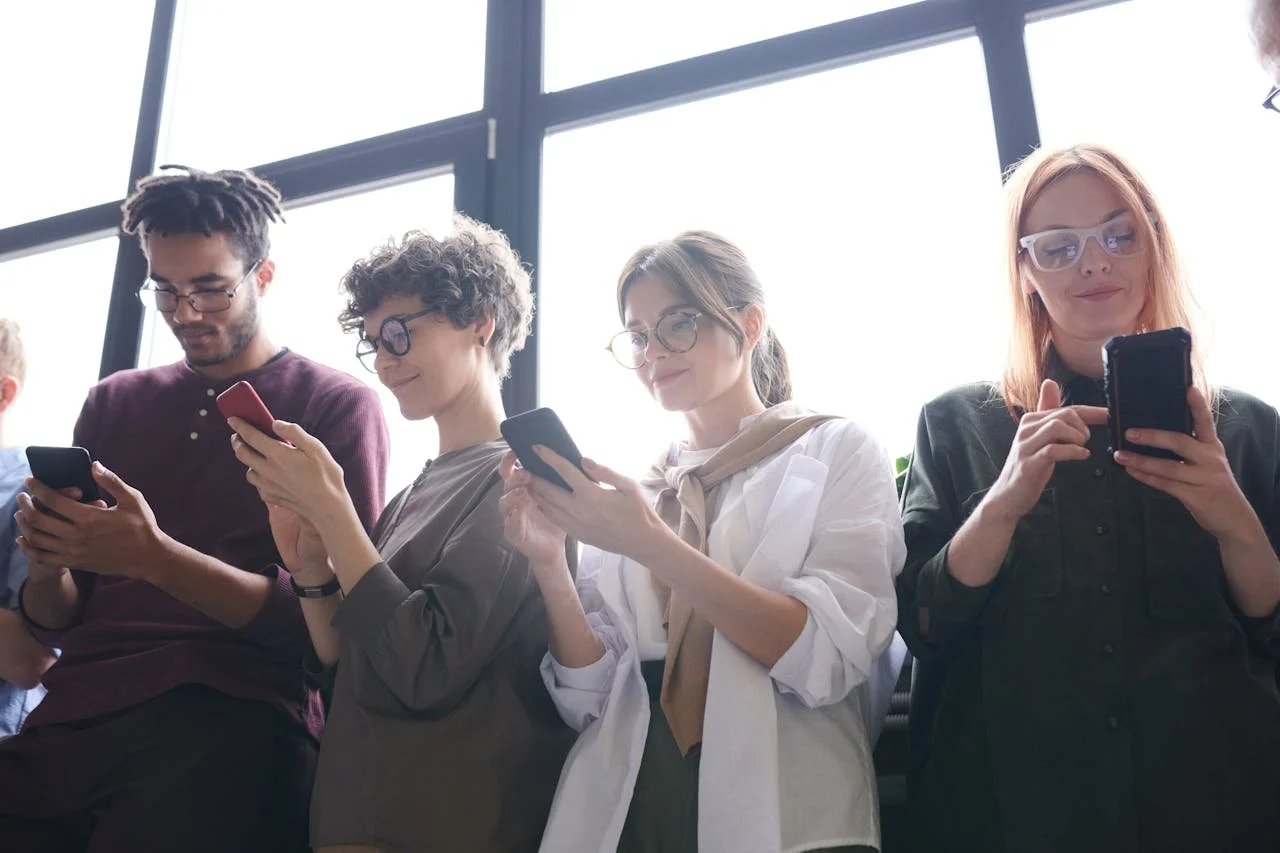Does Social Media Have the Power to Be Addictive?
Nowadays, it’s hard to come across anyone who doesn’t utilize at least one social media platform. While different age groups flock to different apps and sites, it’s likely everyone you know is either on Facebook, Twitter, Instagram, or TikTok.
That’s not necessarily a bad thing. There are many benefits to being on social media. It’s a great way to stay connected to friends and family, see what’s going on in the world, and even learn about new businesses, brands, and organizations.
However, there are also some potential drawbacks to consider. Social media has long been criticized for boosting problems like cyberbullying and comparison issues. Some even suggest it has the power to be addictive. But is that really the case?
Let’s take a closer look.
The Issue With Addiction
The creators of social media platforms are most concerned with getting as many people to “sign up” and engage on their apps and sites as possible. They design their programs to be inviting, captivating, and intriguing.
Social media is designed to “hook” people, and studies have shown that it actually has a direct impact on our brains.
When someone takes a hit of a drug for the first time, they experience a rush of dopamine in the brain. It causes feelings of extreme happiness—or even euphoria. If you’ve ever felt energized and happy after a workout, you get the idea. There’s a reason they call that feeling a “runner’s high”.
Unfortunately, that sudden rush of dopamine eventually goes away. It leaves the individual wanting more. That’s why it’s so easy for some people to become addicted to certain drugs, alcohol, and even exercise. However, over time, more of that “substance” or activity is needed to feel the same level of euphoria as they once did.
The same goes for social media.
The Science of Social Media
When you’re on Facebook, for example, you’re likely to experience a surge of dopamine. That surge becomes even greater every time you see a “like” or a new comment. It’s that feeling that keeps you coming back for more.
Your brain’s “reward center” is activated when you’re on social media, telling you it’s a good thing and you should keep doing it. That high eventually becomes harder and harder to resist. Just like a drug, you’ll need to start consuming more of it to feel the same rush of happiness that you did when you first logged on.
So, can social media be addictive? Absolutely. It’s more than just a boredom buster or a way to connect with friends. It’s scientifically shown to affect your brain and pull you in again and again.
What Can You Do?
It can be difficult to notice the symptoms of social media addiction right away. But if you spend hours each day on different platforms and find yourself thinking about social media when you’re not using it, you might be more entrenched than you realize.
Thankfully, you can break the cycle and overcome the addiction. Start by setting boundaries and limits for yourself. That might include only using social media at a certain time each day or setting a time limit. Avoid using it when you’re sad as a “pick-me-up,” and be conscious of any triggers that might cause you to use it more often.
If you’re really struggling to give up social media, you might be using it as a crutch to keep from facing other underlying issues. Consider how social media is impacting your quality of life, and don’t hesitate to contact me for information about addiction treatment or to make an appointment if you can’t seem to give it up on your own.
